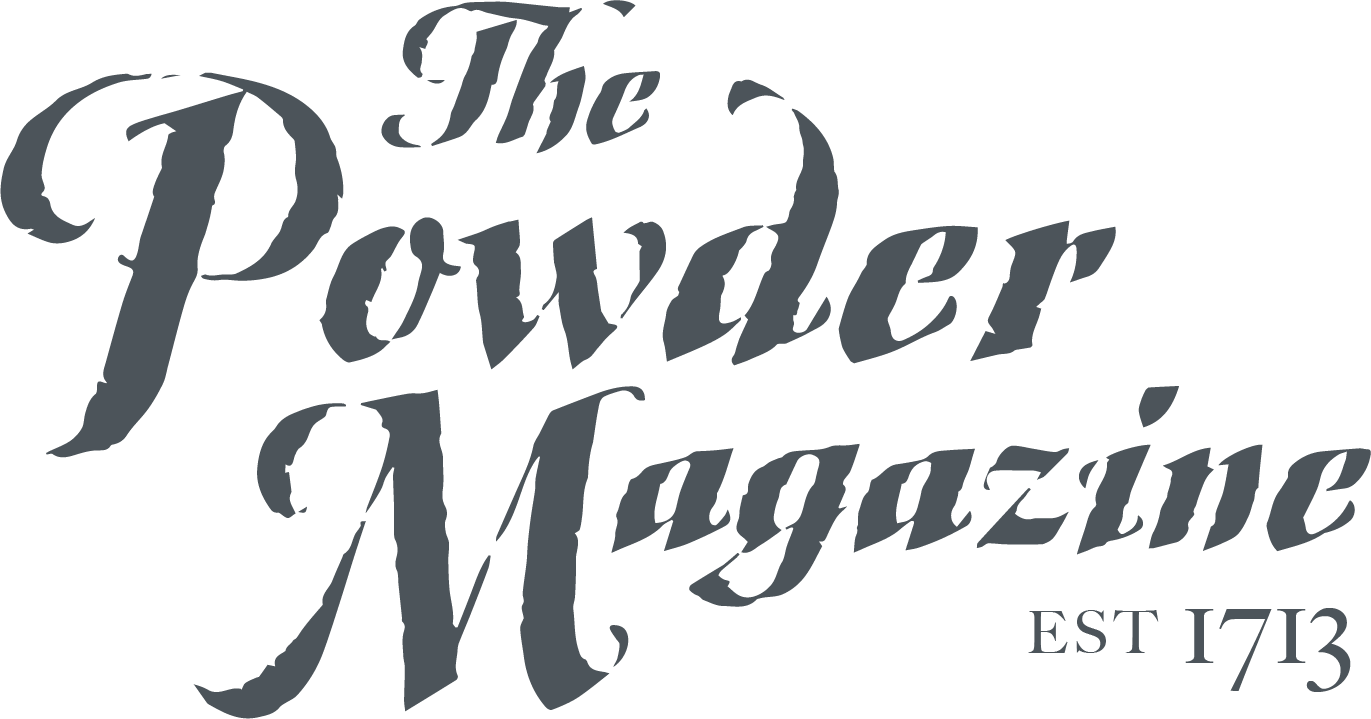Researching Daily Life in Occupied Charlestown (1780-82)
The National Society of the Colonial Dames in The State of South Carolina has been awarded a $20,000 (2023FY) Research Grant from SC250th Commission to Discover Diverse Stories of Daily Life in Occupied Charlestown.
Charleston’s Powder Magazine was constructed in 1713 and is the oldest public building in the state. The National Society of The Colonial Dames of America in the State of South Carolina (NSCDA-SC) purchased the building in 1902 and it became the first historic building in the city to be deliberately preserved and opened to the public as a museum.
As part of its enduring commitment to preservation, education and patriotic service, the NSCDA-SC and The Powder Magazine Museum applied for a research grant from the South Carolina American Revolution Sestercentennial Commission (SC250) to understand life more fully in British occupied Charlestown between 1780-1782.
The research, undertaken by Butler Preservation, will uncover the complex story of daily life in occupied Charlestown (1780-82), with a focus on the underrepresented stories of women, free people of color, enslaved people, patriot sympathizers, loyalists, the British military, and Native Americans. The research, utilizing both British and American archives, will aim to tell an inclusive social history of life in the city under British rule, exploring the positive and negative aspects of occupation, and providing vignettes of the experiences of diverse residents. The research will be used to educate, engage, and inspire through the creation of a peer-reviewed written report, interpretive panels, and ongoing programming at The Powder Magazine Museum. At the conclusion of the grant, this ground-breaking research will be shared through a series of lectures, which will be free and open to the public.
Powder Magazine Museum Director Katherine Pemberton notes, “we are so honored to receive this grant from the SC 250th Commission and we are thrilled to be working with Butler Preservation. This project will illuminate a pivotal time in the city’s history and will add greatly to our understanding of the Revolutionary era in South Carolina.”
About Butler Preservation
Butler Preservation is a Charleston based company specializing in historic documentation, property research, preservation plans, and National Register nominations. Owner Christina Butler holds a master’s degree in history from the Citadel and an undergraduate degree in historic preservation from College of Charleston. She is also professor of historic preservation and chair of general education at American College of the Building Arts, adjunct faculty at College of Charleston, and is the author of Lowcountry at High Tide and Charleston Horsepower (USC Press, August 2023.)
About The NSCDA-SC
The National Society of The Colonial Dames of America in the State of South Carolina was founded in 1893. The headquarters of the South Carolina Society is in Charleston, with six Town Committees located throughout the state. We work to honor our origins, foster a love of country, and educate all citizens on the ideals of liberty. As the tenth Colonial State Society to join The National Society of The Colonial Dames of America, we are committed to its mission and understand it is our responsibility to make certain that the stories of the founding of our republic endure and inspire.
The NSCDA-SC’s 1902 purchase of The Powder Magazine saved the oldest public building in the state from destruction, as it became the first historic building in Charleston to be deliberately preserved and restored. In 2013, the South Carolina Society was awarded an inaugural Lamar Award for Excellence by the NSCDA for The Powder Magazine Tricentennial Project. In addition, the NSCDA-SC was honored with the Susan Pringle Frost Lifetime Achievement for Historic Preservation Award by the Preservation Society of Charleston, the oldest community-based historic preservation organization in America.
https://www.powdermagazine.org/
